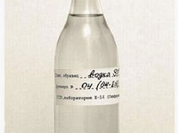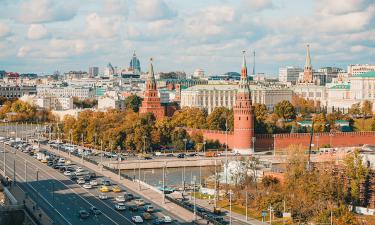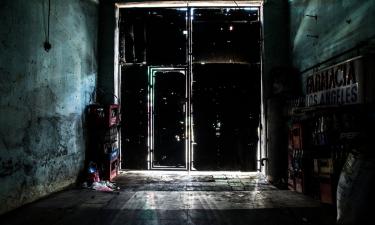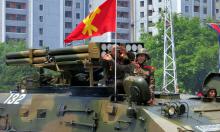Nepal's king breaks silence amid crisis
Nepal's King Gyanendra broke his silence Friday after more than a week of pro-democracy protests in which four people have died, calling for dialogue with the country's main political parties.
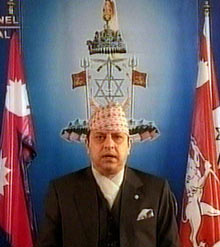
The political parties, however, rejected the king's plea and vowed instead to continue with protests that have filled the streets for the past eight days to demand Gyanendra's ouster 14 months after he seized control of the government.
"The king has failed to address the protests and the movement for democracy. He is only using the offer for dialogue to try prolong his rule," said Krishna Sitaula of the Nepali Congress party, the largest party in Nepal.
"We will intensify the protests until we get rid of the autocratic monarchy," Sitaula said.
Amrit Bohara, leader of the Communist Party of Nepal, said that, "People are pouring to the streets against his rule and he does not seem to care."
In a message for Nepal's new year, Gyanendra called for "the active participation of all political parties committed to peace and democracy," and he again said the country should hold a general election, although he did not specify a date.
The king's call for elections is in line with a roadmap back to democracy he announced shortly after seizing power in February 2005. It has been roundly rejected by his opponents, who demand that a special assembly be convened to rewrite the constitution and limit his role.
"He has not moved an inch" from the road map, said Minendra Risal of Nepali Congress Democratic party.
The speech was broadcast just after midnight Friday, and most people heard it only later in the morning.
"There was not much the king offered to his opponents. The stubbornness is not going to be good for the country which is already deep in crisis," businessman Nirmal Shrestha said. "He should have offered to talk with the parties and the rebels without setting any conditions."
Thousands of activists have joined rallies demanding a restoration of democracy, some of them chanting "Hang King Gyanendra!"
Many demonstrations have deteriorated into bloody clashes between stone-throwing protesters and security forces, who have responded with tear gas, rubber bullets and, in some cases, live ammunition.
Nepal's opposition, along with a well-armed communist insurgency, argue that any elections held under Gyanendra's rule would be neither free nor fair, reports the AP.
I.L.
Subscribe to Pravda.Ru Telegram channel, Facebook, RSS!
